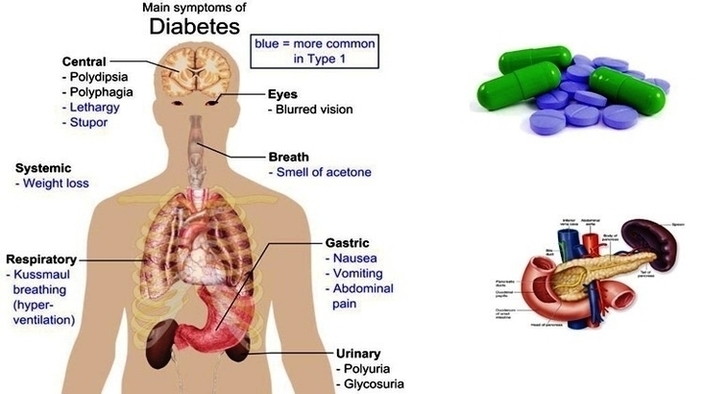What is diabetes insipidus? Diabetes insipidus is a condition that results from insufficient production of the antidiuretic hormone (ADH), a hormone that helps the kidneys and body conserve the correct amount of water. Normally, the antidiuretic hormone controls the kidneys’ output of urine. Diabetes Insipidus Treatment Image Diagram - Chart - diagrams and charts with labels. This diagram depicts Diabetes Insipidus Treatment Image and explains the details of Diabetes Insipidus Treatment Image.
Diabetes Insipidus Treatment Image

